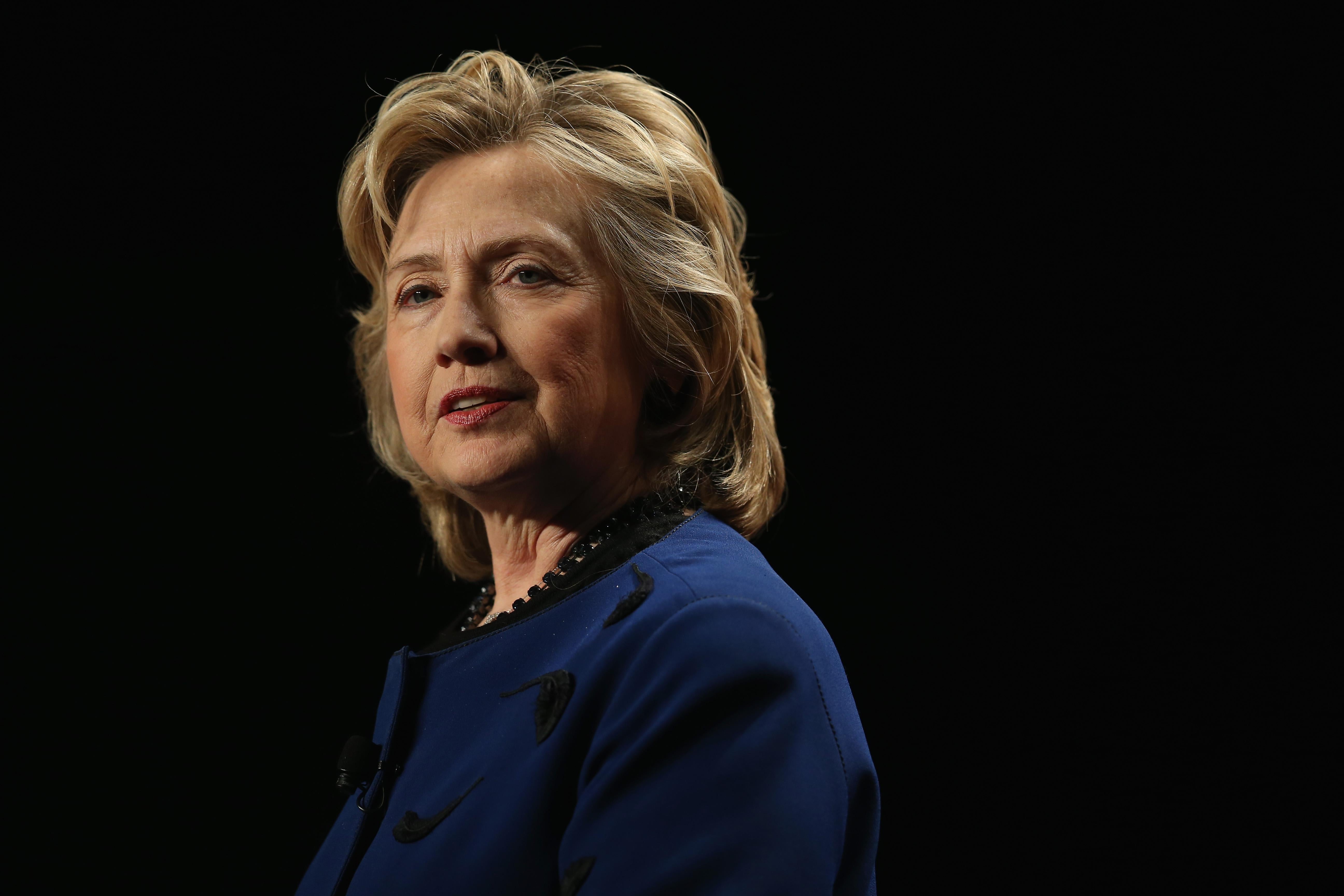Anyone who writes about feminist issues has likely encountered what I like to call the “Islam gotcha.” “How can you be focused on equal pay or reproductive rights,” the line from conservative critics tends to go, “when women in Saudi Arabia aren’t even allowed to drive cars?” Once the province of talk radio callers and Internet commenters, the Islam gotcha is now being rolled into a GOP talking point against Hillary Clinton, who is expected to spotlight feminist concerns in her 2016 campaign for president.
Amy Chozick of the New York Times reports that Republicans are highlighting that the Bill, Hillary & Chelsea Clinton Foundation “has accepted tens of millions of dollars in donations from Saudi Arabia, the United Arab Emirates, Kuwait, Oman, Qatar, Algeria and Brunei — all of which the State Department has faulted over their records on sex discrimination and other human-rights issues.” Republicans are seizing on this issue in the hope of undermining Clinton’s reputation as an advocate for women and girls both at home and abroad. Chozick writes:
Republicans quickly zeroed in on the apparent contradiction. Carly Fiorina, the former Hewlett-Packard chief, told a crowd at the Conservative Political Action Conference last month that Mrs. Clinton “tweets about women’s rights in this country and takes money from governments that deny women the most basic human rights.”
And on Wednesday, the Republican National Committee released a biting video showing President Obama calling political donations from foreign sources “a threat to our democracy” — and Mrs. Clinton smiling next to several Middle East leaders.
Fiorina’s comment and the video both imply that the money in question is being used to fund Clinton’s campaign efforts. In fact, the money is going to the Clinton Foundation, which is a charity that focuses on international work. While questions have been raised about corporations and governments trying to buy influence by donating to the charity, it is important to note that the money in question here is not going to Hillary’s campaign, but to programs like fighting HIV and creating economic opportunity in developing nations.
Still, the Clinton Foundation explicitly cites “increasing opportunity for women and girls” as one of its major international goals. The foundation is even rolling out a new report this week called “No Ceilings,” a partnership with the Bill and Melinda Gates Foundation “to gather data and analyze the gains made for women and girls over the last two decades, as well as the gaps that remain.” So it’s legitimate to point out that an organization that is so focused on women’s rights takes money from countries like Saudi Arabia. And accepting the money helps create cover for governments with sexist policies, by allowing them to point to these donations as evidence that they aren’t as bad as they seem.
On the other hand, as the report itself shows, women are oppressed, to varying degrees, in every nation on the planet. If you can’t accept money from sexist nations, that would mean accepting no donations at all. Bill Clinton alluded to this struggle when defending the donations at a No Ceilings event on Saturday. “Do we agree with everything they do? No,” Mr. Clinton told reporters. “You’ve got to decide when you do this work whether it will do more good than harm if someone helps you from another country.” Accepting money from countries that ban women from driving is an easy call, and it is terrible that the Clinton Foundation didn’t make it. But what about countries that restrict access to reproductive health care or have insufficient maternity leave policies? The reason to take the money is to put it toward fixing some of these problems all over the world. It’s a compromise.
Also important to note: Clinton’s tenure as secretary of state was marked by her focus on women’s issues, driven by the belief that the best way to improve the world is to focus on improving the lives of women and girls. Clinton downplayed her gender during her 2008 run for president and lost. Now observers expect her to change tactics and run more explicitly as a feminist. One thing is certain: The fact that Republicans are raising this foundation money issue now shows that they are worried that such a strategy—the first overtly feminist presidential campaign—will be very effective.
